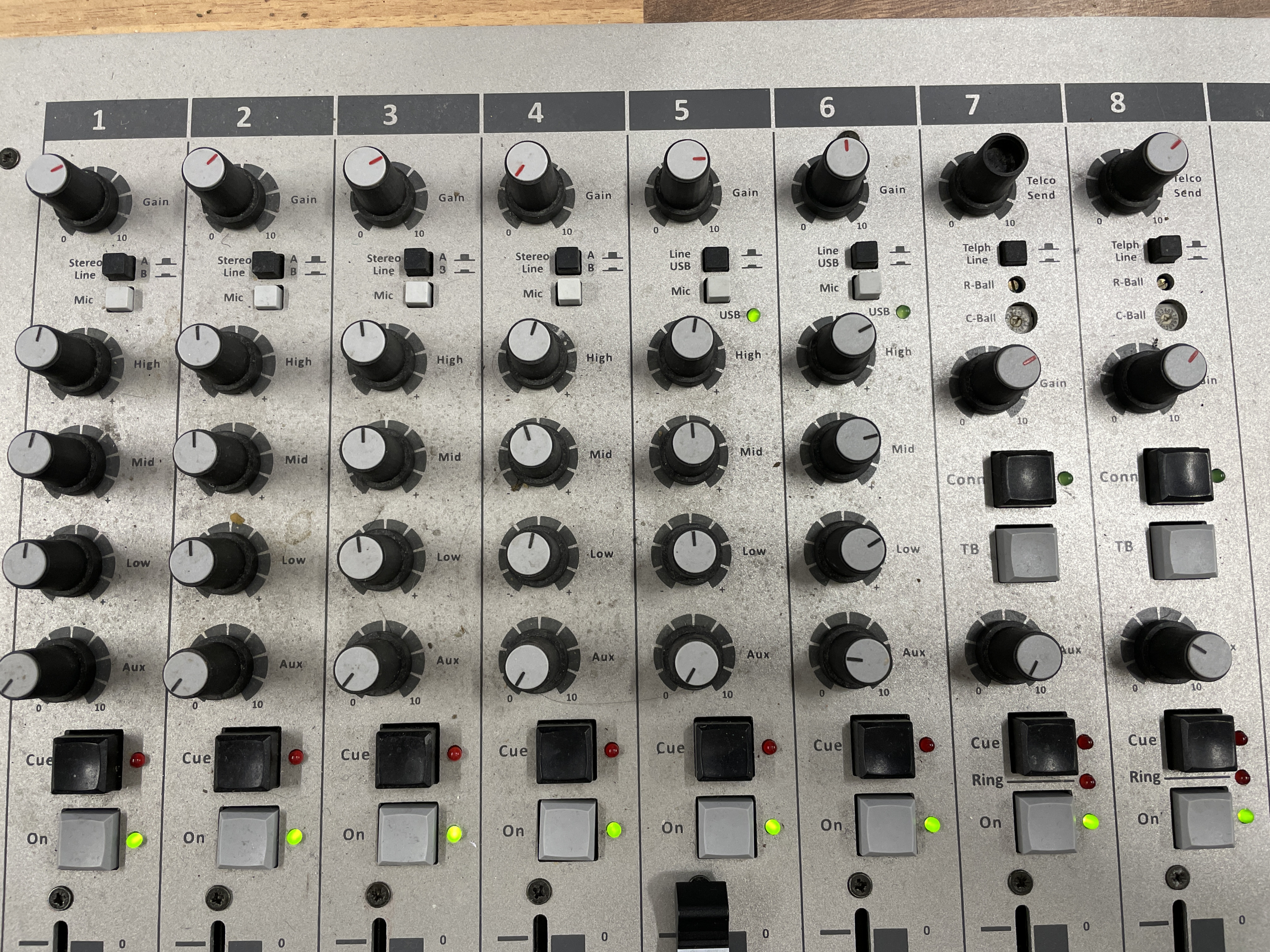It’s November, meaning it’s Movember time again when men are growing moustaches and the focus is on raising awareness of men’s health issues.
We may all joke about man flu, but Basildon and Brentwood Clinical Commissioning Group (CCG) is asking men if they can tell if it is flu or just a common cold?
On average, adults can expect two colds a year and children as many as 10, until they develop immunity. Sometimes a bad cold can be mistaken for flu because a severe cold can also cause muscle aches and fever. But it’s how quickly the symptoms come on which is the biggest clue.
Flu usually comes quicker than a cold and symptoms include a high temperature of 38-40 degrees Celsius, muscle aches and pains, sweating, feeling exhausted, needing to lie down and a dry chesty cough.
A person with flu may also have a runny nose and be prone to sneezing, but these are not usually the key symptoms of flu. Flu symptoms appear one to three days after infection and most people recover within a week, although you may feel tired for longer.
Colds on the other hand can cause more nasal problems. This includes a blocked and runny nose which begins with a clear mucus that develops into thicker green mucus as the cold progresses, a sore throat, sneezing and a cough.
Adults are also more likely to suffer a mild fever, earache, tiredness and headache. Cold symptoms develop over one or two days and gradually get better after a few days. Some colds can last for up to two weeks.
Dr Jojo Mampilly, local GP and board member of Basildon and Brentwood CCG says: “Unfortunately, colds and flu are an unpleasant part of winter. No one likes to be ill so whether you’re normally fit and well or if you have an underlying health condition it’s important to take notice of what your body’s telling you.
“If you do start to feel ill the best thing to do is visit your local pharmacist for advice on cold and flu remedies that will help you feel better. If you’re taking other medication make sure you tell the pharmacist so that they can give you remedies that won’t interfere with your medication. Also take lots of rest and drink plenty of fluids.”
Other things to remember:
- Have a free flu jab if you are over 65 or have an underlying health condition
- Keep paracetamol or ibuprofen-based pain and fever treatment or cold remedies in the house. They will help with the symptoms of both colds and flu
- If you are prescribed antibiotics because of a bacterial infection, make sure you finish the course
- Sneeze into a tissue and put it straight in the bin – don’t carry it around and reuse over and over again
- Have good hand hygiene – always wash hands with soap and water, particularly after sneezing and blowing your nose. Take the time to dry them properly as wet hands harbour and spread germs
- Keep surfaces clean
Whether it’s a cold or flu, get medical help if you either have a chronic condition, such as asthma, diabetes, heart disease or have a very high fever as well as an unusually severe headache, abdominal or chest pain.
For more information about pharmacies and staying well this winter visit www.nhs.uk/staywell




























